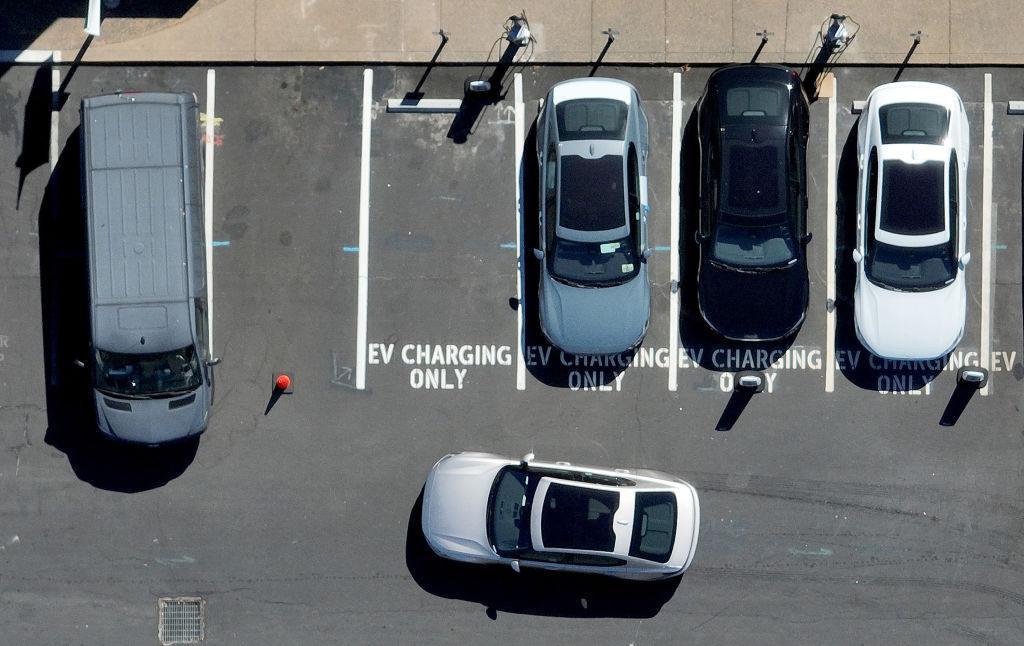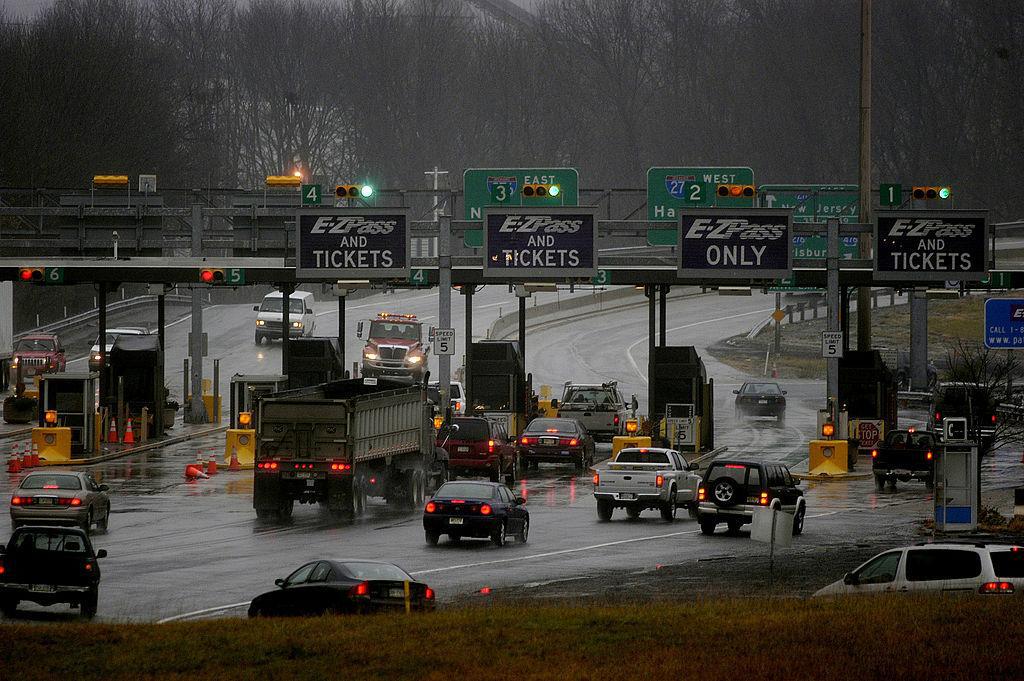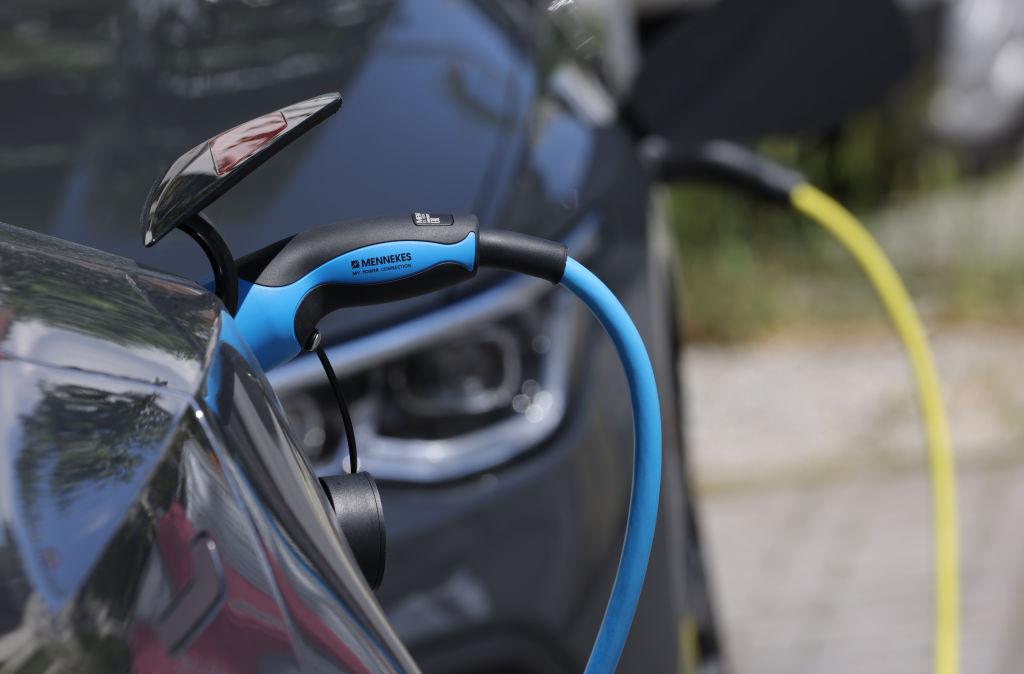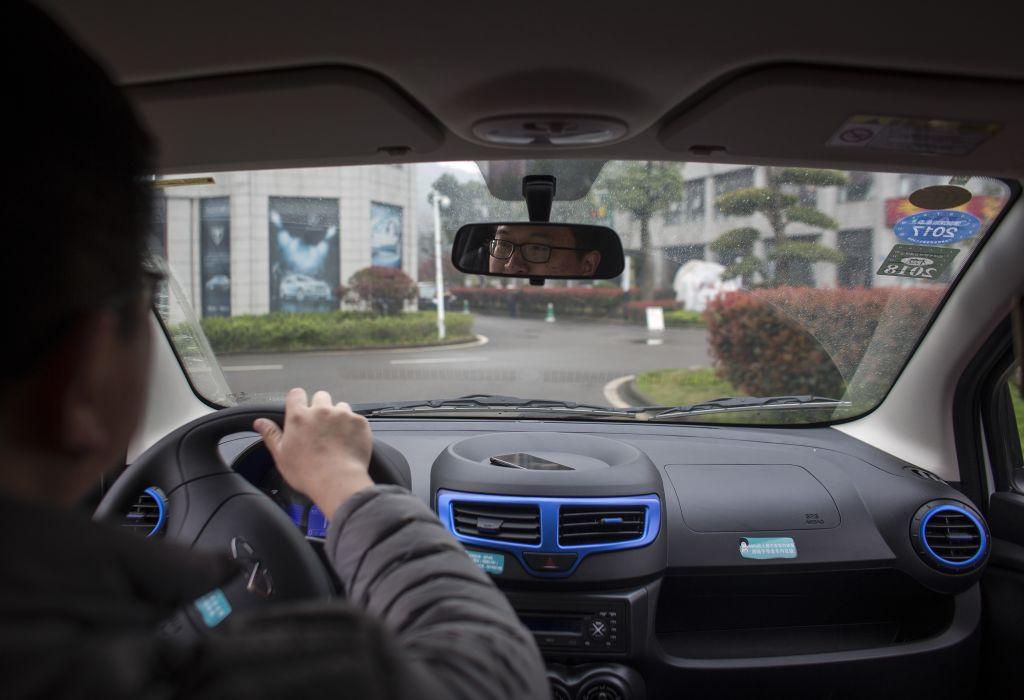Michigan Plans to Start Taxing Cars Based on Distances Driven, Threatening the Right to Drive
With electric vehicles on the rise, many states are wondering how they will be able to tax drivers without the use of gasoline.
Well, Michigan has decided to experiment with a new tactic in which it uses GPS devices in the cars of its residents to track a driver’s mileage and tax individuals accordingly.
What Is the Gas Tax and What Does it Pay For?
Before understanding the debate over mileage tracking, it’s first crucial to know exactly what kind of driving tax already exists and what it’s used for.

Source: Sean Gallup/Getty Images
Essentially, all states impose a gas tax, meaning that when drivers fill up their tanks, part of what they pay goes directly to the government. This money is then used to pay for road maintenance such as new paving, fixing potholes, and general repair and upkeep.
How Much Does Michigan Earn in Gas Taxes Now?
While the number changes from state-to-state and even year-to-year, currently, Michigan collects $0.27 for every gallon purchased.

Source: Adobe Stock
With one of the highest gas taxes in the country, Michigan makes $1.5 billion annually with the imposed tax, and without it, the state would certainly struggle to come up with the funds to take care of its roads.
Electric Vehicle Statistics
According to recent research, as well as a push from the Biden administration, more than half the passenger vehicles sold in the United States will be electric by the year 2030. That means that more than half the cars on the road will not need gasoline at all, significantly diminishing how much states make through the gas tax.

Source: Justin Sullivan/Getty Images
Michigan reported that because of electric vehicles, the state has already made $50 million less than it should have from 2019-2021. And they worry that number is only going to increase in the coming years.
What About Toll Booths?
As this problem has sparked debates within state and federal government organizations, as well as among the American public, many people are asking the same question: Why can’t we install more toll roads or simply increase the price of existing tolls?

Source: Thomas Cain/Getty Images
Some states are trying this tactic. However, many believe that toll booths are still unfairly positioned so that only some drivers will be paying the high taxes depending on their routes, whereas others will pay nothing.
Why a Set Driving Tax Could Be Considered Unfair
In order to combat the issue and ensure the state has sufficient funding to maintain its roadways, another proposal asks that all vehicle owners pay a set tax annually. However, many believe that this option would be unfair to those drivers who barely use the roads or have shorter commutes, as opposed to those who drive frequently and far distances.

Source: Kena Betancur/VIEWpress/Getty Images
Therefore, another proposal has been made to use GPS devices to track and tax mileage.
Pros of Using GPS Devices to Track Mileage
Those who support the use of tracking devices suggest that there are many positives to the plan; GPS data can count the miles traveled, assess the roads used, and even distinguish which state the driver was in for accurate taxation.

Source: iStock
Many agree that while the plan isn’t perfect, it is certainly the most efficient, fair, and lucrative way to tax drivers of electric vehicles.
Cons of Using Global Positioning System Devices
On the other hand, there is a large percentage of Michigan and the US population who believe that using mileage trackers is a breach of personal liberty and freedom.

Source: Shutterstock
The people who do not support the idea of GPS trackers in their cars essentially don’t believe it’s right to allow the government to know when they’re on the road and where they’re going at all times.
Privacy Concerns Are Top of the List
In addition to the uncomfortably many feel with the government watching their every move, privacy in regard to data collection is another big concern.

Source: Sean Gallup/Getty Images
While states may say that they will delete a resident’s travel information in a timely manner, there are many factors that may make that harder to do than it is to promise. For example, police will want the information on file to catch criminals, insurance companies will want the data, and even public health organizations could require the tracking information if the country once again goes into lockdown.
Gretchen Whitmer Spends $5 Million on Michigan Survey
It’s important to understand that so far, using tracking devices is still completely hypothetical. Governor of Michigan Gretchen Whitmer believes that tracking mileage may be the best way forward, but before initiating the project, she wants to know what residents think.

Source: Chip Somodevilla/Getty Images
Therefore, in July, she authorized a $5 million survey. This is to better understand exactly how Michigan residents would respond to GPS data being collected from their cars in order to ensure everyone pays fairly and the roads continue to be well-maintained.
Will GPS Trackers Become the New Normal?
If the Michigan survey reports that its residents would be comfortable and even happy to use the proposed GPS trackers in their vehicles in order to fairly pay for road usage, it seems like the state will be the first to attempt to implement the plan.

Source: David McNew/Getty Images
However, it would take years for the plan to be finalized, let alone getting the GPS trackers in everyone’s cars.
Some Worry Outlawing Human Drivers Entirely Is Next
This debate is nowhere near over. And in the coming years, as the number of electric vehicles on the road increases, it may be the first of many changes made to the country’s roadways and taxation practices.

Source: Wang He/Getty Images
Though with technology advancing every day and even self-driving vehicles hitting the market, some people worry that the GPS trackers are only the beginning. They believe American citizens may soon lose their right to even drive their own car.
